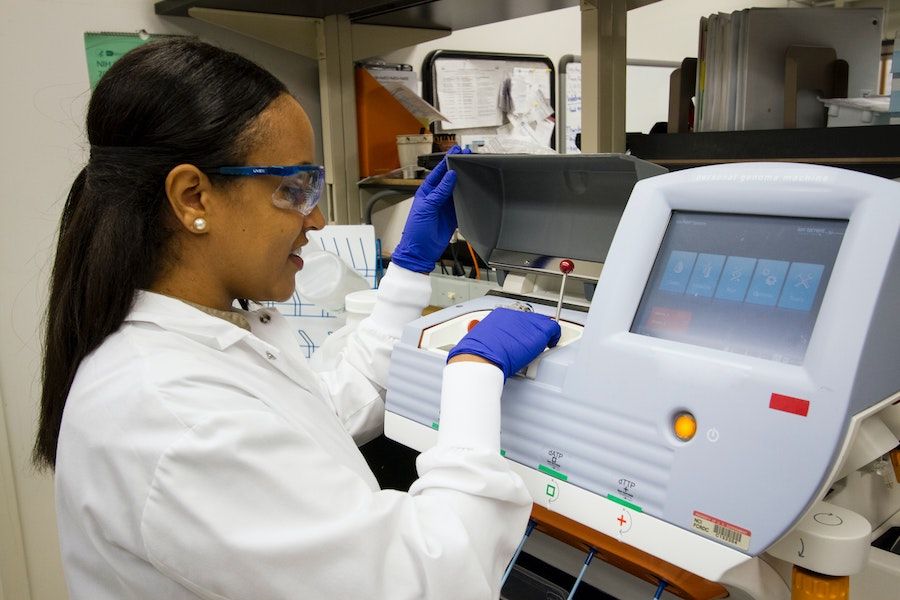Playbook #071: Medical Equipment Leasing

🖼️ The Big Picture
The vast majority of healthcare providers finance new and used medical equipment rather than buy it, and leasing is the most popular method as it’s the most efficient from a cash flow perspective. Investors acting as middlemen can typically earn higher returns with a leasing model rather than lending.
In addition to consistent monthly cash flow, leasing equipment to healthcare providers has very little correlation to other markets. That means that even when other investing markets go down, medical equipment leasing will likely be unaffected.
Medical equipment leasing also gives you a strong collateral position (since you own the equipment, if they don’t pay, you just take it back), and offers tax advantages.
The most common methods investors use are either:
- Capital Lease - finances equipment over a fixed term with set payments and no option to return it. The customer then buys it for $1 at the end of the term.
- Operating Lease - similar to a car lease. At the end of the term, the customer can either buy the equipment for fair market value, return it, or extend the lease.
For the passive investor, equipment leasing funds (ELFs) provide an option to participate. Do your research into the fund and management, and be aware that in addition to being illiquid, they can charge significant fees up to 25% of investors’ initial capital.
If you like this model, why not start your own small equipment leasing company? Especially if you have industry knowledge along with a strong balance sheet and credit score, you could easily benefit from arbitrage by financing the equipment purchase yourself, then marking it up on the lease.
Customers could include hospitals, individual practices, and even personal devices for in-home care.
🔢 By The Numbers
You don't have access to this CAPITALIZE issue at the moment, but if you upgrade your account you'll be able to see the whole thing, as well as all the other posts in the archive! Subscribing will give you immediate access.
This CAPITALIZE issue is for members only
Join nowWhat is CAPITALIZE?
CAPITALIZE is a tool for discovering new ways to grow your wealth. You get a new investment idea each week in a simple 7-Minute report. Quickly check to see if it matches your "Investor DNA" and fast-track your way to being a top 1% investor... with less risk. Created by Wealth Factory for people who want to build their wealth and keep it.
